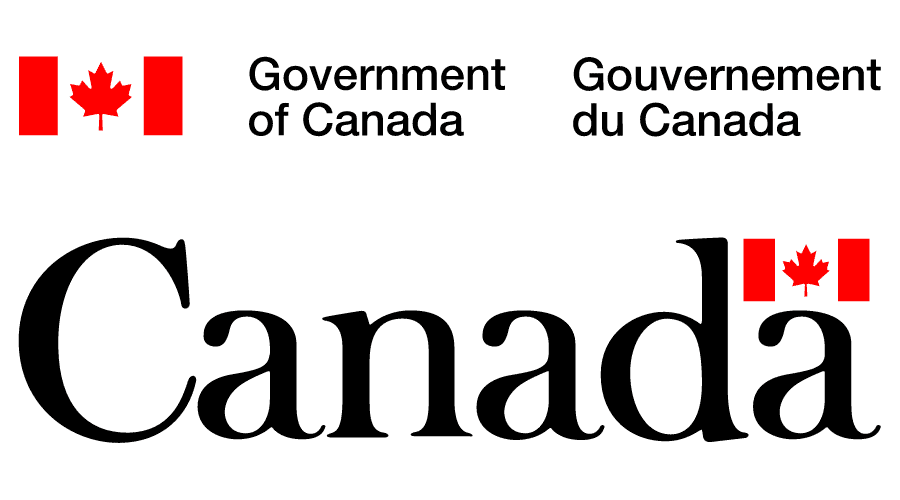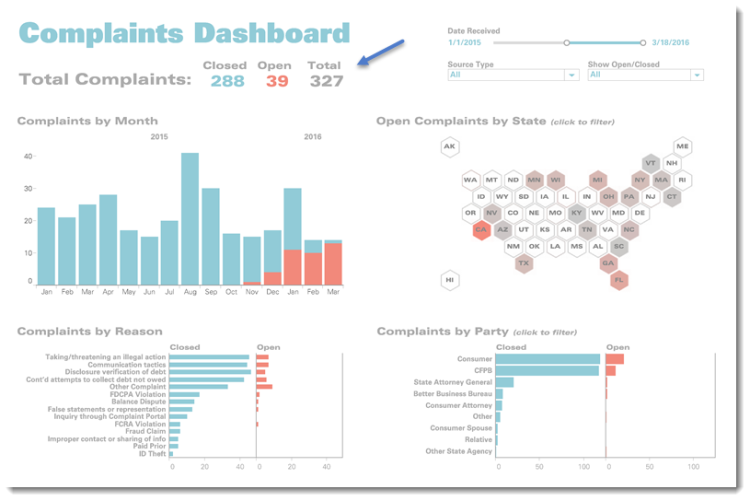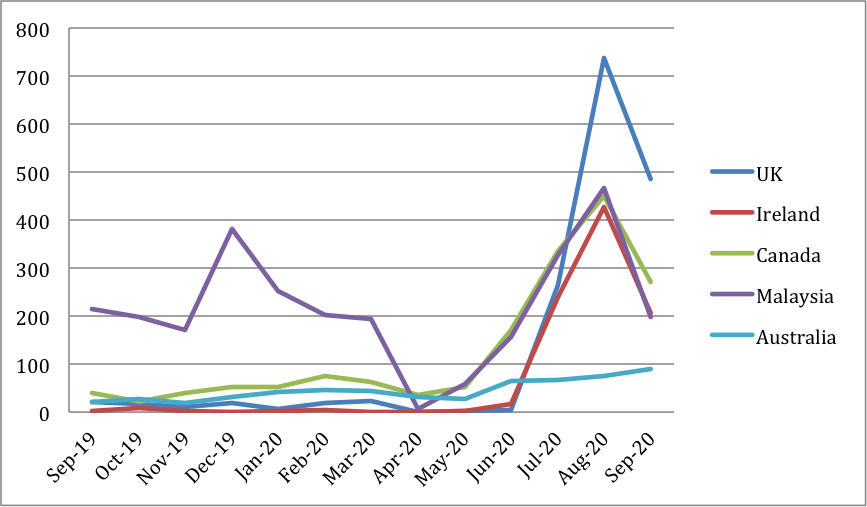How Middle Managers Drive Performance And Improve Employee Satisfaction

Table of Contents
The Critical Role of Middle Managers in Performance Management
Middle managers are the linchpin connecting senior leadership's strategic vision with the day-to-day work of employees. Their ability to effectively manage performance directly impacts team productivity and overall organizational success. This involves a multifaceted approach encompassing clear expectations, effective delegation, and the cultivation of teamwork.
Setting Clear Expectations and Providing Regular Feedback
Setting clear, measurable goals is paramount. Middle managers should utilize the SMART goals framework (Specific, Measurable, Achievable, Relevant, Time-bound) to ensure everyone understands their objectives and how their work contributes to the bigger picture. This clarity minimizes confusion and maximizes individual and team contributions.
Regular one-on-one meetings and formal performance reviews are essential for providing consistent feedback. These interactions allow for open dialogue, addressing challenges proactively, and recognizing successes. Performance management software and tools can streamline this process, automating tasks and providing data-driven insights into individual and team performance.
- Provide constructive criticism: Offer specific examples and focus on behavior, not personality.
- Offer actionable feedback: Suggest concrete steps for improvement and provide resources to support growth.
- Recognize and reward achievements: Acknowledge both individual and team successes to boost morale and motivation.
- Document performance consistently: Maintain accurate records of performance reviews, feedback sessions, and goal progress.
Effective Delegation and Empowerment
Trusting employees with responsibilities is crucial for fostering a sense of ownership and accountability. Effective delegation involves assessing individual skills and strengths, assigning tasks accordingly, and providing the necessary resources and support. Empowerment empowers employees to make decisions and solve problems independently, boosting their confidence and engagement.
- Clearly define roles and responsibilities: Ensure employees understand their tasks, deadlines, and reporting structure.
- Provide necessary resources and support: Equip employees with the tools, training, and information needed to succeed.
- Encourage initiative and problem-solving: Foster a culture where employees are encouraged to take initiative and find solutions.
- Trust employees to manage their workload: Avoid micromanagement and allow employees the autonomy to manage their time and tasks effectively.
Promoting Collaboration and Teamwork
Middle managers are vital in fostering a collaborative work environment. They facilitate team building activities, encourage open communication, and actively resolve conflicts. This involves implementing effective communication strategies, promoting cross-functional collaboration, and recognizing team accomplishments.
- Encourage open communication: Create channels for regular communication and feedback between team members.
- Facilitate team meetings and brainstorming sessions: Provide a structured environment for collaboration and problem-solving.
- Resolve conflicts effectively: Address interpersonal issues promptly and fairly, ensuring a positive and productive work environment.
- Recognize team accomplishments: Acknowledge team successes and celebrate milestones to reinforce collaborative efforts.
Middle Managers' Influence on Employee Satisfaction
Middle managers significantly influence employee satisfaction. Their actions directly impact employee morale, engagement, and overall well-being. This influence manifests in creating a positive work environment, effective communication, and promoting work-life balance.
Fostering a Positive and Supportive Work Environment
A positive work environment is characterized by respect, recognition, and appreciation. Middle managers play a critical role in building this culture. They address workplace issues and concerns promptly, offer mentorship and support, and actively promote work-life balance. This nurturing environment boosts employee morale and improves overall job satisfaction.
- Actively listen to employee concerns: Create a safe space for employees to voice their concerns without fear of retribution.
- Offer mentorship and support: Guide and support employees in their professional development and career progression.
- Promote work-life balance: Encourage employees to prioritize their well-being outside of work and avoid burnout.
- Create opportunities for professional development: Provide access to training, workshops, and other resources to support employee growth.
Effective Communication and Transparency
Clear and consistent communication from middle management builds trust and engagement. Transparency about company updates, challenges, and successes ensures employees feel informed and valued. Open communication channels, including regular feedback sessions and opportunities for two-way communication, foster a culture of open dialogue.
- Regularly communicate company updates and changes: Keep employees informed about relevant company news and developments.
- Be open and honest about challenges and successes: Share both positive and negative information transparently.
- Encourage two-way communication: Create channels for employees to share their feedback and ideas.
- Provide regular updates on employee performance: Offer timely and consistent feedback on employee progress towards goals.
Promoting Employee Well-being and Work-Life Balance
Stress and burnout significantly impact employee performance and satisfaction. Middle managers can play a vital role in mitigating these factors. They promote mental health awareness, encourage breaks, offer flexible work arrangements where possible, and support employee personal development. These initiatives demonstrate care and commitment to employee well-being.
- Encourage employees to take breaks: Promote regular breaks and time off to prevent burnout and maintain productivity.
- Promote mental health awareness: Create a culture of support and understanding for mental health challenges.
- Offer flexible work options where possible: Consider flexible work arrangements to accommodate employee needs and improve work-life balance.
- Support employee personal development: Encourage employees to pursue personal growth opportunities to enhance their skills and well-being.
Conclusion
Middle managers are pivotal in driving performance and enhancing employee satisfaction. By effectively managing performance, fostering a positive work environment, and prioritizing clear communication, middle managers can significantly contribute to a thriving and productive organization. Investing in training and development for your middle management team to improve their skills in middle managers driving performance and employee satisfaction is an investment in the overall success of your company. Don't underestimate the power of your middle managers – empower them to drive exceptional results and build a highly engaged workforce.

Featured Posts
-
 Minority Government Implications For The Canadian Dollars Value
Apr 30, 2025
Minority Government Implications For The Canadian Dollars Value
Apr 30, 2025 -
 Cruise Line Bans What Complaints Will Get You Banned
Apr 30, 2025
Cruise Line Bans What Complaints Will Get You Banned
Apr 30, 2025 -
 Inmates Hour Long Plea For Help Ignored Before Death San Diego Jail
Apr 30, 2025
Inmates Hour Long Plea For Help Ignored Before Death San Diego Jail
Apr 30, 2025 -
 Increased Domestic Tourism Airbnb Data Shows 20 Rise In Canadian Searches
Apr 30, 2025
Increased Domestic Tourism Airbnb Data Shows 20 Rise In Canadian Searches
Apr 30, 2025 -
 Reuben Owen Our Yorkshire Farm Family Update On Eight Siblings
Apr 30, 2025
Reuben Owen Our Yorkshire Farm Family Update On Eight Siblings
Apr 30, 2025
Latest Posts
-
 2025s Most Anticipated Cruise Ships A Travel Weekly Perspective
Apr 30, 2025
2025s Most Anticipated Cruise Ships A Travel Weekly Perspective
Apr 30, 2025 -
 What To Expect From The New Cruise Ships Of 2025
Apr 30, 2025
What To Expect From The New Cruise Ships Of 2025
Apr 30, 2025 -
 Top New Cruise Ships Launching In 2025 A Comprehensive Guide
Apr 30, 2025
Top New Cruise Ships Launching In 2025 A Comprehensive Guide
Apr 30, 2025 -
 Packing Light For A Cruise Items To Avoid
Apr 30, 2025
Packing Light For A Cruise Items To Avoid
Apr 30, 2025 -
 Cruising In 2025 The New Ships And What Makes Them Special
Apr 30, 2025
Cruising In 2025 The New Ships And What Makes Them Special
Apr 30, 2025
